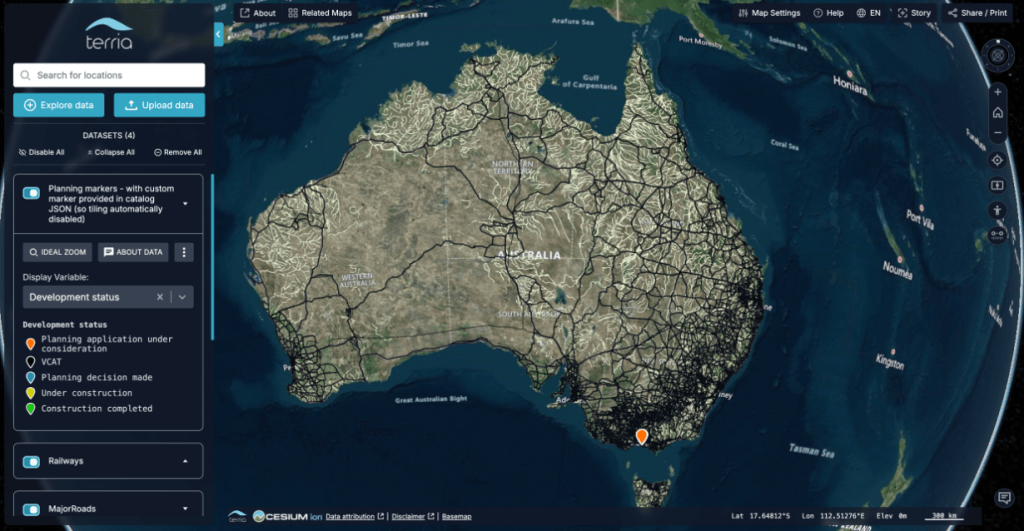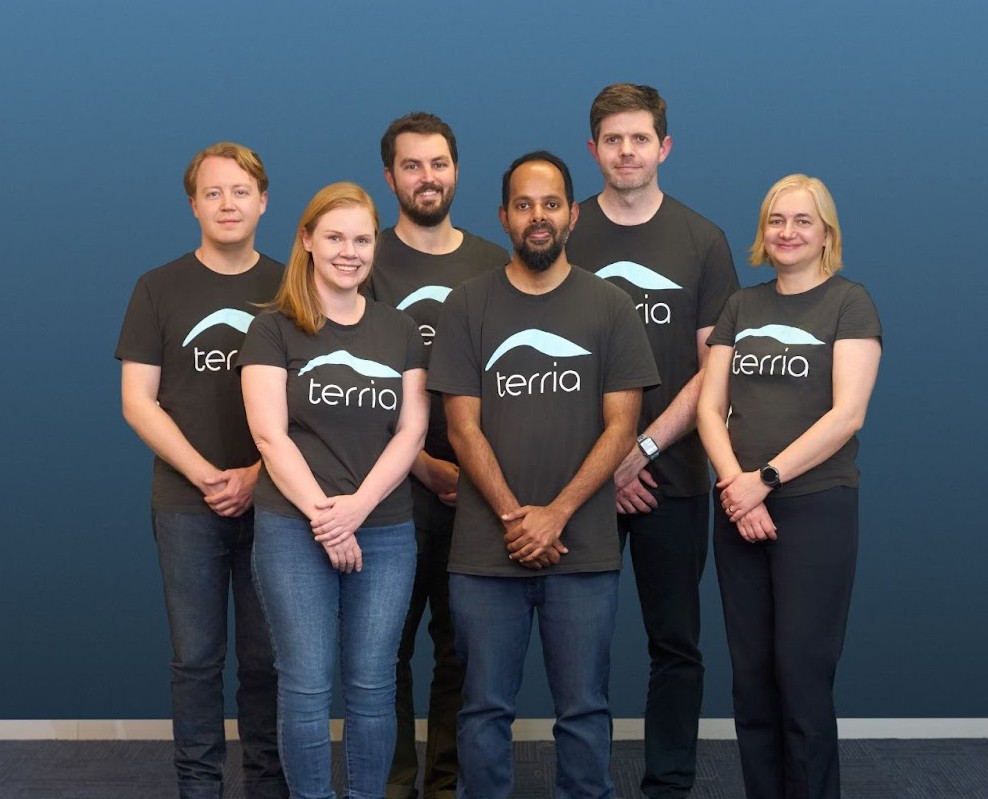Application is where some of the fastest experimentation in AI is happening and where many investment opportunities lie. Here is how deep tech VC Main Sequence is assessing what to invest in.

We’re at a defining moment in AI. From productivity tools to novel science, artificial intelligence is reshaping how we work, make decisions, and build businesses. For investors, the question isn’t whether AI will create value, it’s where to meaningfully invest in a space moving at lightspeed.
The surge of funding into AI companies is not without merit. Massive value has already been created, and more is coming. AI is projected to contribute over $15 trillion to the global economy by 2030. In Australia alone, it could add more than $200 billion annually to GDP and generate 150,000 new jobs.
Still, when it comes to investing, headlines only go so far. What matters most is whether we can turn all this potential into defensible and scalable outcomes. We believe there’s still significant value to be unlocked, especially in Australia, where world-class research, industrial diversity, and a track record of building global tech companies set us apart.
At Main Sequence, we invest across the full AI stack: from energy-efficient compute infrastructure and model architectures to physical AI systems like robotics. We’re backing the infrastructure and intelligence that will define the next decade. Today, we’re zooming in on the application layer. This is where some of the fastest experimentation is happening and thus where many investment questions lie.
So, how can investors cut through the noise to spot the potential winners? Here’s how we’re assessing AI innovations.
Common traits of great AI companies
As foundational models become commoditised, we are looking for application-layer companies that can leverage these advances in AI to solve real industry problems.
We’re seeing a historic surge in AI company formation, experimentation, and adoption in the application layer of AI. Companies are scaling faster than ever. Users are trialling more AI tools than ever. This makes it harder than ever to distinguish between noise and hype. Nonetheless, there are a few trends we have noticed about the strongest AI companies.
First, they are customer-obsessed. They’re integrating deeply into customer workflows, targeting real pain points, and driving measurable ROI. They are building products that are truly sticky and must-haves, not just nice-to-haves. While rapid adoption is exciting, it doesn’t guarantee product-market fit or long-term viability. Long-term success depends on repeatable value and correlative customer retention – this is driven by understanding customer problems deeply.

Further, great AI companies are also maintaining defensibility through proprietary data, models, or domain expertise such that they are not as easily upended by a more well-funded competitor.
While the cost of inference is generally trending downwards, it is still a large sum for AI-first companies. As such, companies that have thought ahead about how to scale their platform cost-effectively are setting themselves up for long-term success.
Speed also matters. The best AI companies today are executing faster than traditional software startups ever did. We look for teams that can learn from customers, iterate quickly, and scale with discipline.
Finally, like any startup, a thoughtful go-to-market strategy remains critical. Even though adoption rates for AI tools are incredibly high, scaling high-quality recurring revenue still requires you to know how to sell, not just what to build.
We’re focused on finding the whitespace – the massive opportunities where AI has yet to deliver real transformation
AI tools have had an unprecedented impact on general business productivity. We can write emails, plan meeting agendas and strategise faster than ever before.
However, there are a significant number of industries and sectors that are untouched by AI’s potential. Either these sectors are undigitised (and perhaps ‘dull, dirty, and dangerous’) or the business problems are complex, such that you can’t simply build a wrapper around an open source model.
Think areas like manufacturing, infrastructure inspection, and drug development. These industries are massive and yet to be truly upheaved by the rapid developments happening in AI. With maturing AI infrastructure/models and increasing pressure across industries to automate and optimise, these whitespace sectors are primed for AI transformation.

In these contexts, having deep domain expertise and proprietary data becomes a necessity to meaningfully solve customer problems. Domain knowledge helps you understand the intricacies of the industry and what features of an AI solution actually make sense. Data is critical because commodity models like LLMs can either be overkill (e.g. you do not need an entire LLM trained on internet-scale data to solve many industry problems) or not trained on industry-relevant data. As such, domain knowledge and data combine to create a lasting strategic advantage.
We have already invested in a number of companies using AI in so-called ‘white spaces’. For example, Samsara Eco’s AI-powered enzyme discovery platform has enabled breakthrough methods for recycling plastics at scale. Presien’s AI vision system and agents have enabled safer heavy industries. Meanwhile, Lumachain’s computer vision system has enabled transparency across food supply chains.
We’re on the lookout for more companies that deliver concrete business outcomes that genuinely make a difference. These sectors present massive market opportunities that intersect with urgent global challenges and are less crowded by competitors. Companies using AI to tackle real-world problems in these areas are more likely to create lasting value and significant economic impact. They operate where the problems are hardest and the need for innovation is greatest.
We’re determined to find the companies that are using AI as a fundamental driver of transformation in sectors that matter. These are the ventures that will define the real AI economy of the future. Nonetheless, the AI landscape is evolving rapidly. Investors must remain flexible, continuously learning and refining their strategies.
Danielle Haj-Moussa is an investor at Main Sequence, bringing in diverse experience in engineering, policy and start-ups. Haj-Moussa holds a Bachelor’s in Mechatronic Engineering and a Bachelor of Laws from the University of Sydney. Prior to joining Main Sequence, Danielle worked as a software engineer at Accenture and undertook extensive policy research in the Artificial Intelligence space.
Look back on the week that was with hand-picked articles from Australia and around the world. Sign up to the Forbes Australia newsletter here or become a member here.


